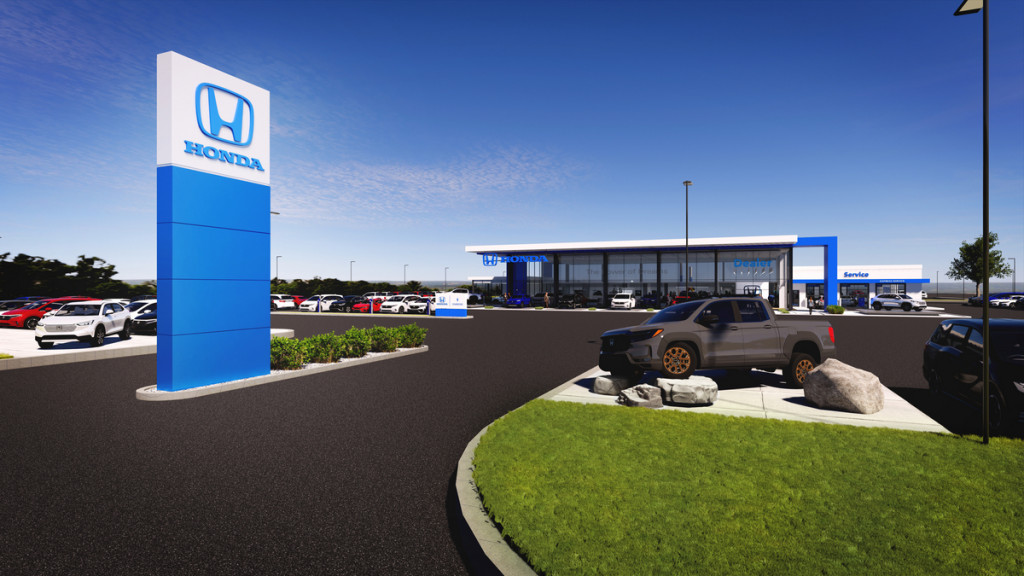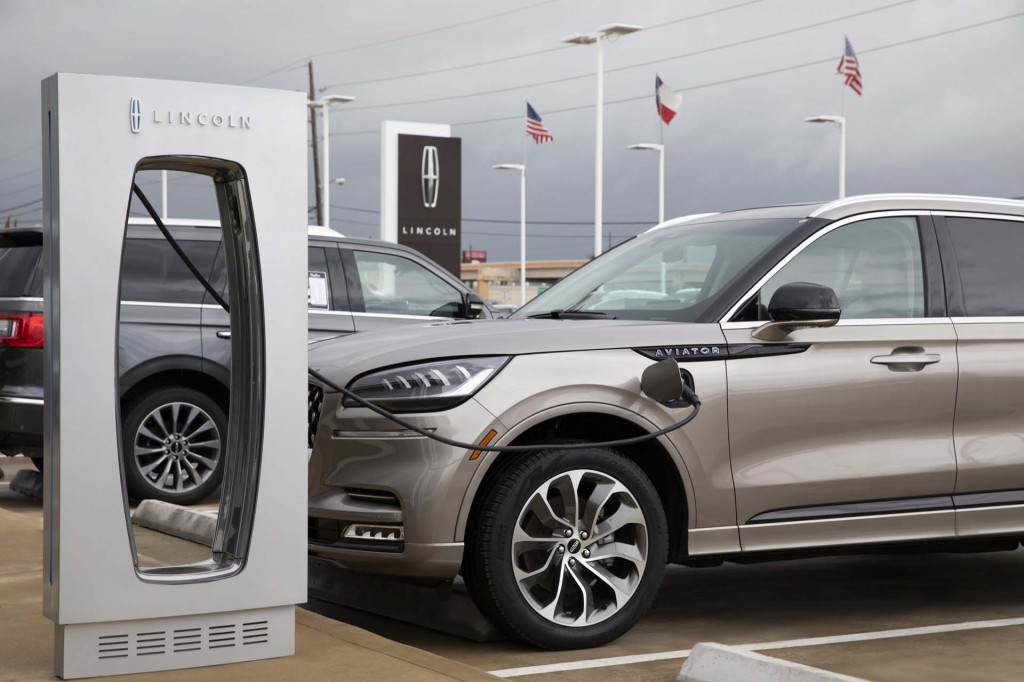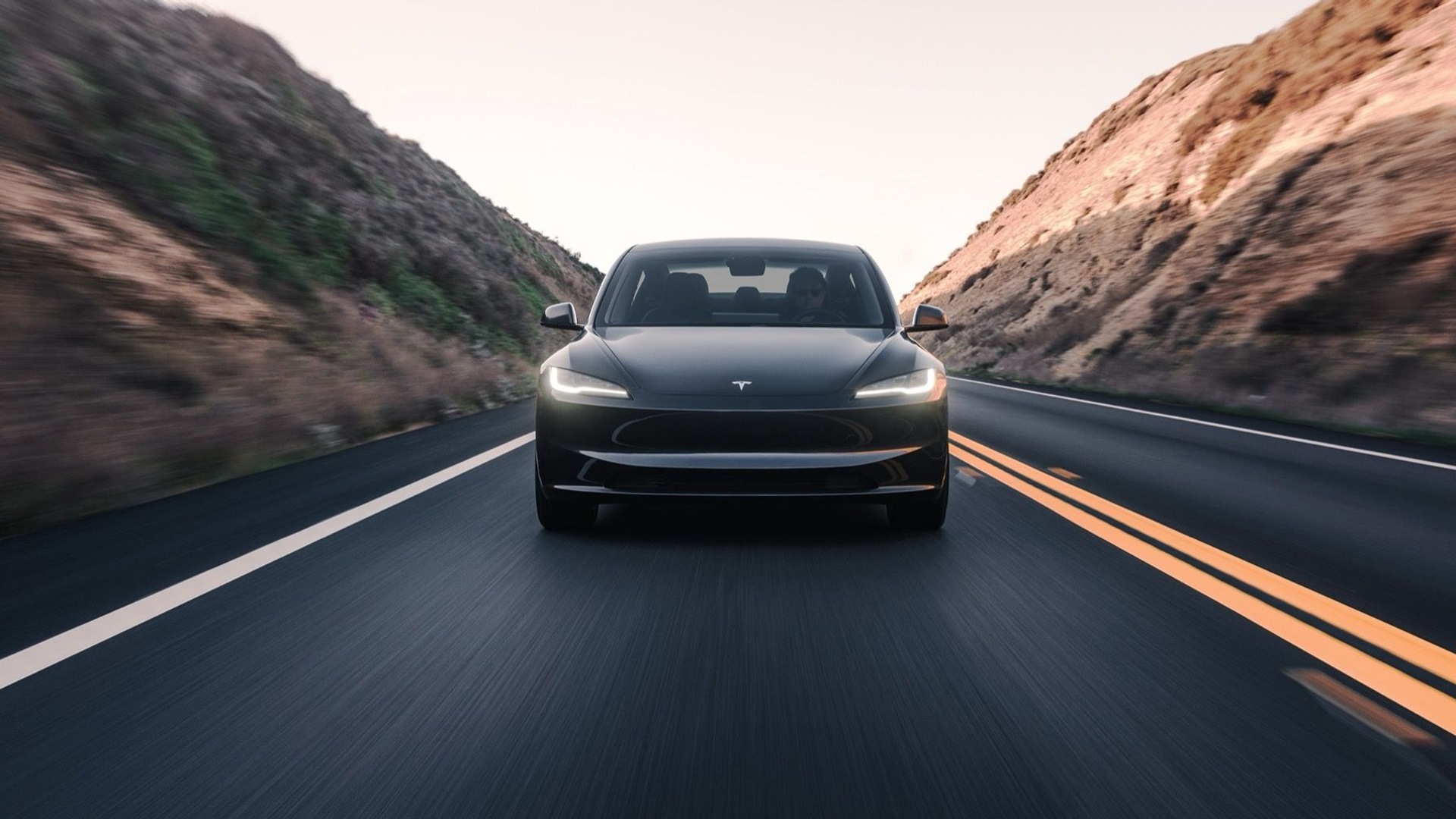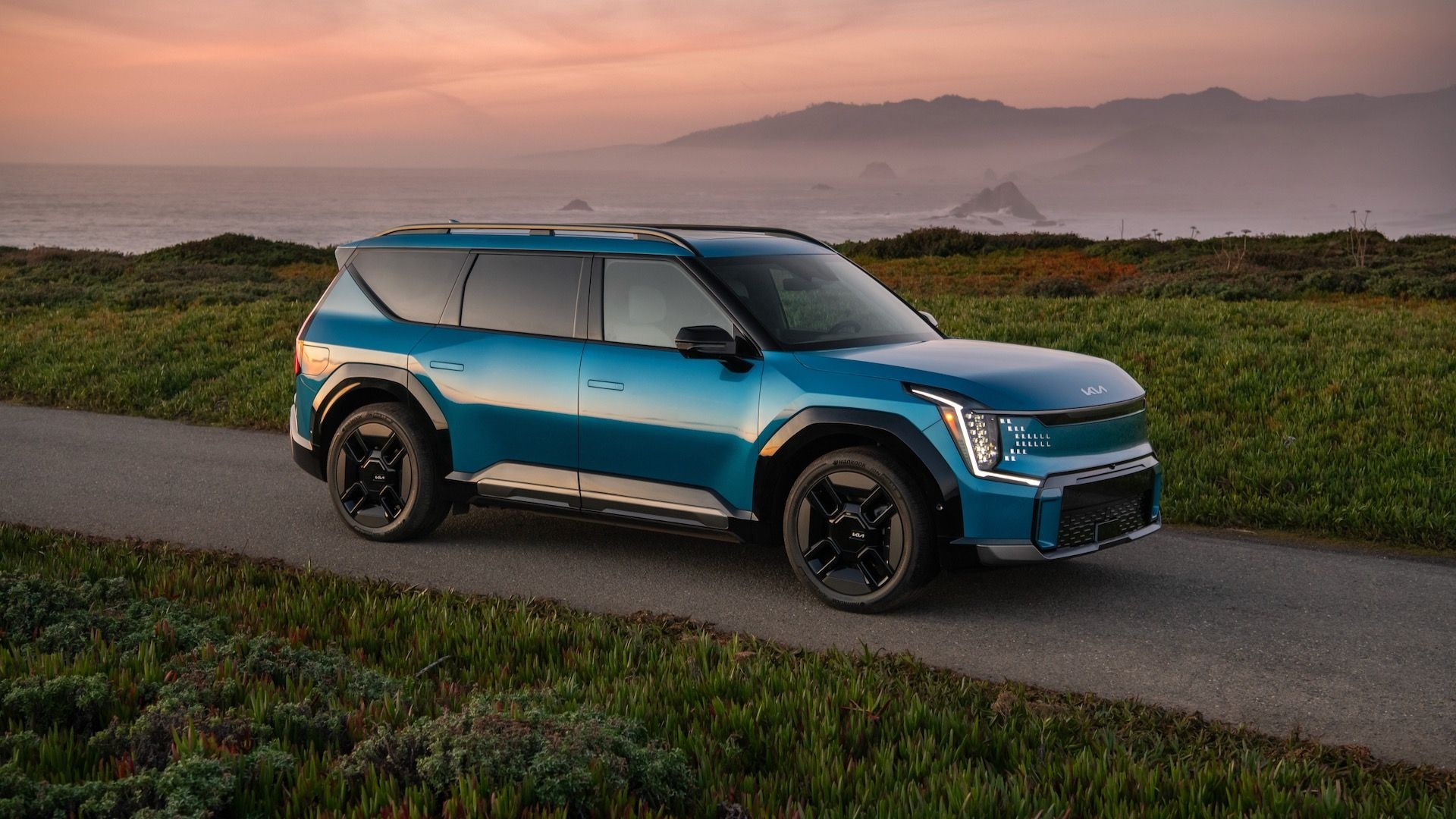Unless you know exactly what you want and are willing to put money down and wait, it’s hard to find an electric vehicle in dealer stock to test-drive and buy.
While anyone who’s shopped for a new EV in recent months knows that, the latest nationwide study of the electric vehicle shopping experience from the Sierra Club, out Monday, emphasizes just how widespread the issue is—and how it’s getting in the way of EV adoption.
The Rev Up Electric Vehicles report, released just ahead of EPA hearings regarding its proposed tightened standards for light vehicles through 2032, leading to a projected 67% EV sales by then, suggests that it’s no longer dealerships that are the weak link in getting EVs out to customers, but the automakers themselves.
The report found that nearly two-thirds of dealerships didn’t have a single EV for sale, while 44% of dealerships would offer an EV for sale if they could get one.

Honda future dealership design for selling EVs - 2022
In the Western region, which accounted for 45% of U.S. EV sales in 2022, just 27% of dealerships had an EV for sale. And overall, although EV sales are much higher in California Zero-Emission States (ZEV) as a group, the likelihood of dealerships having an EV in stock didn’t track much higher in those states than for those in the rest of the country—35% versus 33%, respectively.
The study found essentially no difference in comparing dealers in the 23 states that permit direct sales, versus those in the states that do not.
Results were based on a national survey conducted from June through November 2022, using results from randomly selected dealerships in each state.
Across brands, Mercedes-Benz offered the best EV availability, it found, with EVs available for sale at 90% of the luxury brand’s dealerships. Toyota and Honda were ranked the worst, with 15% of Toyota dealers.

EV availability by automaker - 2023 Sierra Club Rev Up study
How do dealerships get more EVs? Simply put, this year’s survey results point to a clear solution: Automakers need to produce more EVs. They also need to make EV certification free or affordable to dealerships, and increase marketing and advertising for EVs.
“While some dealerships are still reluctant to fully embrace EVs, many dealers are expressing a newfound eagerness to sell EVs,” said the Sierra Club in its introduction. “However, it is the responsibility of manufacturers to deliver more EVs to all dealers.”
“The ultimate conclusion is that automakers must invest more in EV production to match consumer demand that is at a record high,” it summed.

Lincoln boutiques and dealerships
The issues slowing EV sales have changed significantly. Back in 2016, the inaugural version of this survey found that dealerships lacked general knowledge about EVs and weren’t all that interested in selling them. A 2019 version of this survey found that the EV sales experience fell apart on the dealer lot, with many dealerships simply not ready to sell EVs.
Now, dealerships are no longer the choke point. And many stores are probably familiar with the reality that having no EV to sell is a lost sale. Households that have already decided they want an EV are far more likely to defer a purchase completely than to settle for another gas or diesel model. A recent study from Consumer Reports’ advocacy arm found that the pent-up demand from constricted supplies of EVs will reduce the potential market for combustion vehicles—leading to a reduced market share for automakers unwilling to quickly ramp up EV production.
Amid a budding EV price war, that will require companies to quickly move beyond supply chain issues and cut production costs. You can bet the dealerships are asking for it this time.













